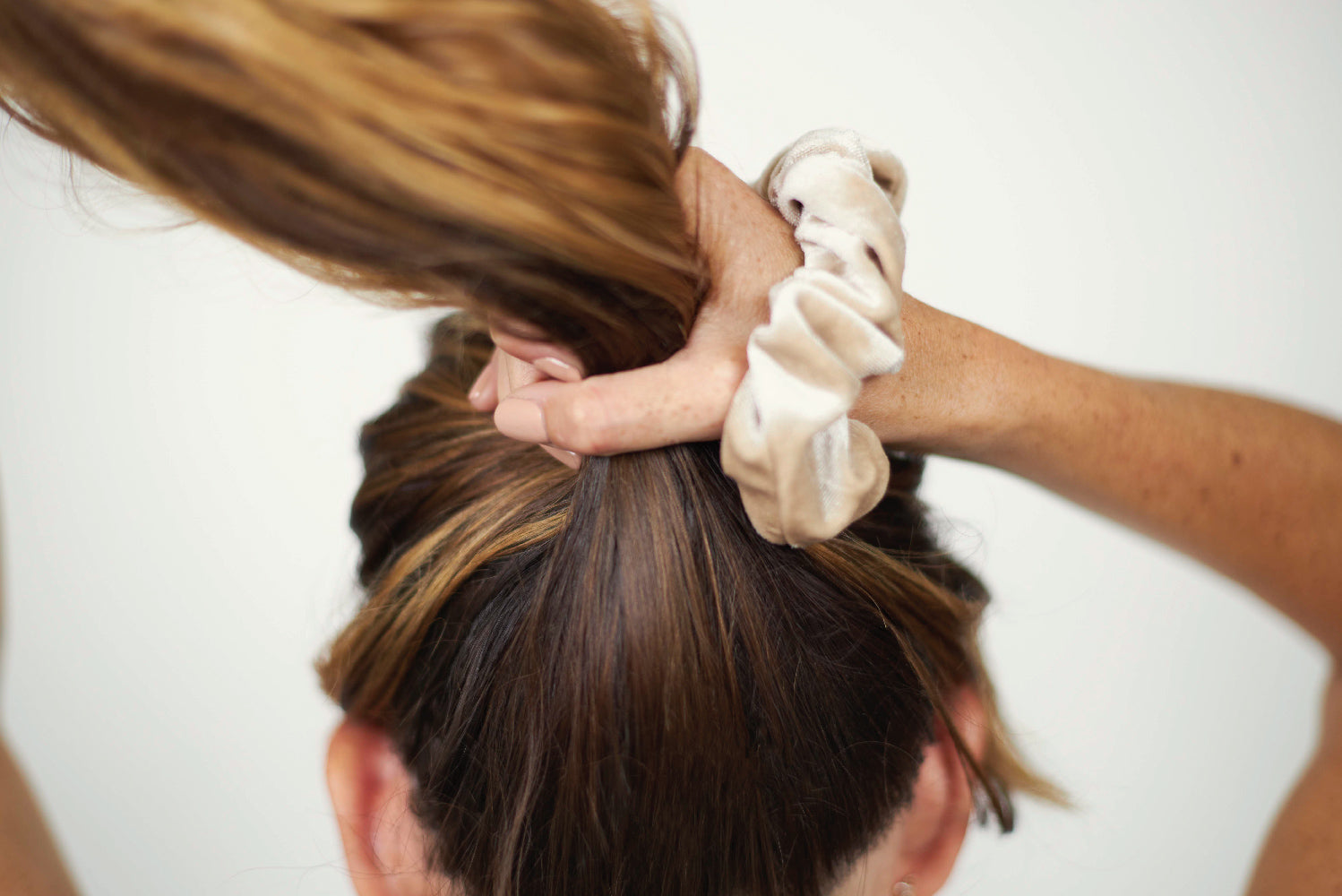
Protein overload….Too much of a good thing?
Life’s all about balance and your hair is no different! We investigate the issue of protein and hair and whether there’s such thing as “too much of a good thing”!
Read on to discover what protein overload is, how to tell if you have it and what can be done to reverse it.
What is protein overload?
‘Protein overload’ is a general term describing an imbalance between the protein levels and moisture in your hair. Protein overload can occur due to the application or use of too many protein-heavy topical hair treatments.
Protein and hair
Human hair is a complex arrangement of proteins, mainly keratins that intertwine to form various structures within structures to give hair its strength and form.
Although protein is important for hair health, the continual use or overuse of protein-rich, topical hair products can cause problems in the overall health of your strands. The use of protein within hair products, when used correctly and in moderation, can add strength to the bonds between your hair molecules.
When protein from your products such as keratin, amino acids and silk protein builds up, its difficult for hydration and water levels to remain balanced.
Signs and symptoms
A change in the look, feel and texture of your hair are immediate signs of protein overload.
- Dry, brittle hair that snaps easily can be a sign of too much protein. Due to the imbalance between protein and water, hair becomes less hydrated, weaker, and prone to damage.
- Your hair may feel straw-like or less flexible. With less moisture, your hair might feel more stiff or inelastic than usual.
- Change in curl or wave pattern. Perhaps your usual curls won’t form as they did previously or your hair’s texture or shape feels noticeably different, protein overload can impact the structure of the hair by impacting the moisture levels.
- Where’s my shine? A telltale sign of protein overload is dull, lackluster locks. Where your previous strands used to shine and reflect light, protein-saturated hair can look more lifeless than usual.
What’s porosity got to do with it?
Your hair’s porosity can also play a factor in how your hair handles protein. You can read more about hair porosity here as well as taking a simple test to determine your own hair’s porosity.
The hair type that is most sensitive to protein overload is low porosity hair. This hair type has difficulty absorbing water so overdoing the protein treatments can exacerbate this water/protein imbalance.
Does protein in my diet affect this buildup?
No, protein overload doesn’t occur because of a high-protein diet. This overload results from the use of too many protein-rich topical products and treatments.
Can I reverse protein damage?
Identify which products in your arsenal contain protein. Look for ingredients such as “hydrolyzed rice protein”, “hydrolyzed collagen” or “Hydrolyzed silk protein”. If your shampoo, conditioner, mask, and leave-ins all contain various forms of protein, you may need to change up your routine.
Try switching to a protein-free shampoo and conditioner and only use protein occasionally in a weekly treatment mask.
A mixture of products with and without protein helps combat the protein build up and restore balance.
See a professional. Your hair stylist is an expert when it comes to your hair’s condition and structure! They may look to trim your ends to reduce the weight and eliminate split ends. Alternatively, they may use a professional grade clarifying shampoo to reduce build-up.
Combatting protein overload also involves increasing your hair's moisture balance.
If you’re not already taking a daily supplement like Apotecari’s Crowning Glory, this can be an excellent addition to your routine. This hydrating, frizz-fighting formulation works from within to repair and reinvigorate the strands and scalp. 90 days of use will bring balance to dry, lackluster hair that is craving moisture. Ongoing use of Crowning Glory nourishes strands for added gloss, movement, and reflection, helping to restore the smoother hair you once knew.

